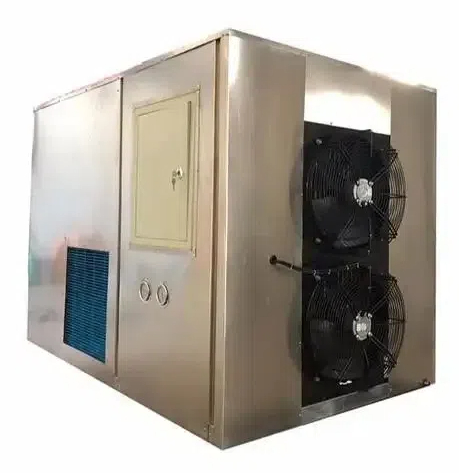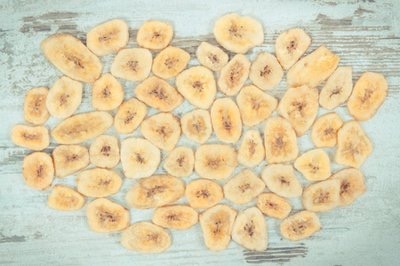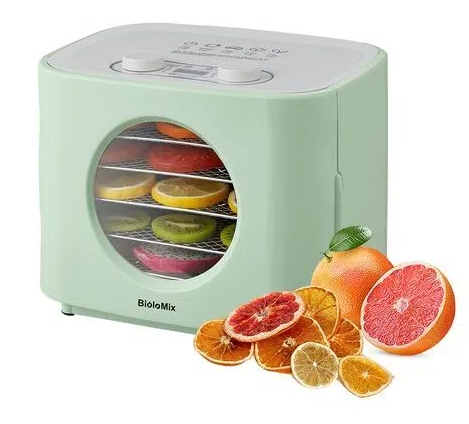
Content Menu
● Introduction
● What is a Food Dryer?
● How Food Dryers Work
● Benefits of Using a Food Dryer
● Choosing the Right Food Dryer
● Tips for Using a Food Dryer
● Common Mistakes to Avoid
● Conclusion
● Frequently Asked Questions
>> 1. What types of foods can be dried?
>> 2. How long does it take to dry food?
>> 3. Can I use a food dryer for making jerky?
>> 4. Is it worth investing in a food dryer?
>> 5. How do I clean my food dryer?
Introduction
Food drying is an ancient preservation method that has gained renewed popularity in recent years. With the rise of health-conscious consumers and the desire for sustainable food practices, food dryers have become essential kitchen appliances. This article explores the various aspects of food dryers, including their types, benefits, and tips for effective use.

What is a Food Dryer?
A food dryer, also known as a dehydrator, is a device that removes moisture from food to preserve it. By lowering the water content, food dryers inhibit the growth of bacteria, yeast, and mold, extending the shelf life of various foods. There are several types of food dryers available, including electric dehydrators, solar dehydrators, and microwave dehydrators, each with its unique advantages.
How Food Dryers Work
Food dryers operate on a simple principle: they use heat and airflow to evaporate moisture from food. The drying process typically involves placing prepared food on trays within the dryer, where warm air circulates around the food, gradually removing moisture. This process can take several hours, depending on the type of food and the dryer’s settings.
Benefits of Using a Food Dryer
Using a food dryer offers numerous benefits:
1. Nutritional Preservation: Dried foods retain most of their nutrients, making them a healthy snack option.
2. Cost-Effectiveness: Making your dried foods at home can be significantly cheaper than purchasing them from stores.
3. Convenience: Food dryers allow you to prepare large batches of snacks, which can be stored for long periods.

Choosing the Right Food Dryer
When selecting a food dryer, consider the following factors:
1. Capacity: Choose a model that fits your needs, whether for personal use or larger family batches.
2. Material: Stainless steel models are durable and easy to clean, while plastic models are often lighter and more affordable.
3. Features: Look for adjustable temperature settings, timers, and multiple trays for versatility.
Tips for Using a Food Dryer
To maximize the effectiveness of your food dryer, follow these tips:
1. Prepare Food Properly: Wash, peel, and slice food into uniform pieces for even drying.
2. Monitor Drying Times: Different foods require different drying times; refer to a drying guide for specifics.
3. Store Dried Foods Correctly: Use airtight containers to keep moisture out and preserve freshness.
Common Mistakes to Avoid
Avoid these common pitfalls when using a food dryer:
1. Overloading the Dryer: Ensure there is enough space between food pieces for proper airflow.
2. Neglecting Pre-Treatment: Some foods, like apples, benefit from pre-treatment with lemon juice to prevent browning.
3. Ignoring Maintenance: Regularly clean your dryer to prevent buildup and ensure optimal performance.
Conclusion
Food dryers are a valuable addition to any kitchen, offering a sustainable way to preserve food while retaining its nutritional value. By understanding how to choose and use a food dryer effectively, you can enjoy delicious, homemade dried snacks year-round.

Frequently Asked Questions
1. What types of foods can be dried?
Fruits, vegetables, herbs, meats, and more can be dried using a food dryer.
2. How long does it take to dry food?
Drying times vary based on the type of food and the dryer used, typically ranging from a few hours to a full day.
3. Can I use a food dryer for making jerky?
Yes, many food dryers are specifically designed for making jerky.
4. Is it worth investing in a food dryer?
Yes, food dryers can save money in the long run and provide healthier snack options.
5. How do I clean my food dryer?
Most food dryers have removable trays that can be washed with soap and water; check the manufacturer's instructions for specific cleaning guidelines.












